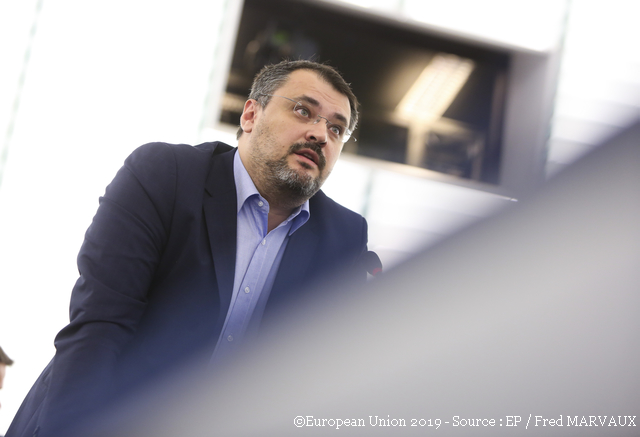Debates on the National Recovery and Resilience Plan
Romania has its hopes pinned on the European post-pandemic recovery plan

Eugen Coroianu, 24.03.2021, 13:50
Romania coped with the economic fallout of COVID-19 better than the European
average, reporting a GDP drop of only 5% compared to the EU-wide average of 6%,
the EU Commissioner for Economy, Paolo Gentiloni, on Tuesday said on the sidelines
of a debate on Romania’s National Recovery and Resilience Plan. The EU official
said Romania’s prospects of economic growth are good, warning, however, the sustainability
of public finance remains a reason of concern. Like most other European states,
Romania has its hopes pinned on this recovery plan after the economic and
social crisis generated by the pandemic. 30 billion Euro has been allotted to
Romania under the Plan, and the center-right government in Romania decided the
funds would mainly be used for investments in road and rail infrastructure, the
building of new hospitals, modernizing schools and digitization.
Minister for
European Funds, Cristian Ghinea, also said the reform of the pension and
taxation systems are is an equal priority, along with a new governance of
schools and measures to foster legal forms of employment. Minister Ghinea said
that, in its current form, the plan has struck a balance between environment
prerequisites and digitization, also meeting Romania’s transport infrastructure
needs. The Romanian official pointed out the Plan also provides for reforms of
the justice system. Worth noting is that the European budget, as well as the
recovery Plan, stipulate a new mechanism whereby accessing European funds is
tied to the observance of the rule of law. Commissioner Gentiloni warned that,
in order to access funds under the recovery plan, a new set of criteria and
intermediary targets has to be met, which will not be easy, considering Romania
doesn’t fare well in terms of European fund absorption. The European official
suggested funds shouldn’t be spread too thin in order to keep the Plan
effective, because Romania will absorb less funds and their impact will
therefore be lower.
The Social-Democratic Party in opposition says the Recovery
and Resilience Plan should be debated openly in Parliament and claims the
Government’s document lacks strategic vision, which is something the European
Union expects. First vice-president of the Social-Democratic Party, Sorin
Grindeanu, says the plan has no underlying impact study, provides no coherent
measures with clear targets for each field and doesn’t ensure a balanced local
development at national level. President Klaus Iohannis last week said the plan
presents a huge development opportunity for Romania, which will allow the
Romanian economy and society to better cope with future crises. (V.P.)






























